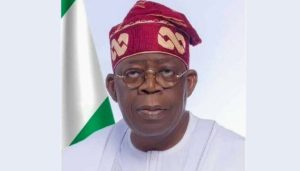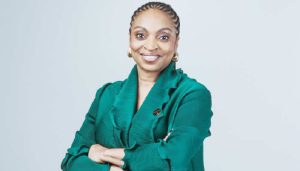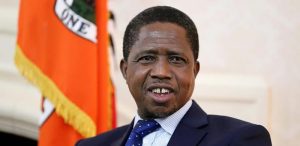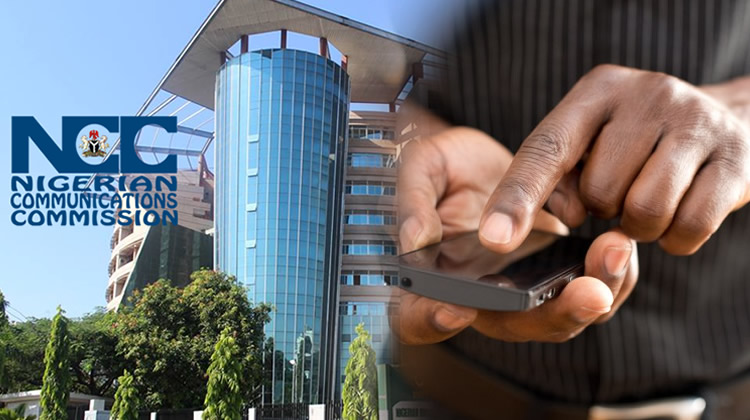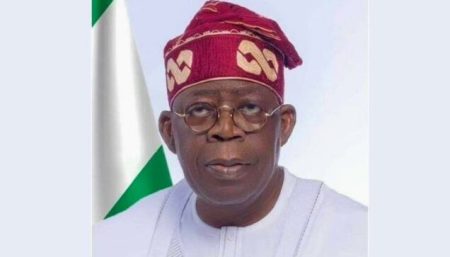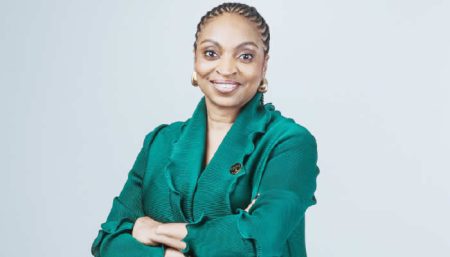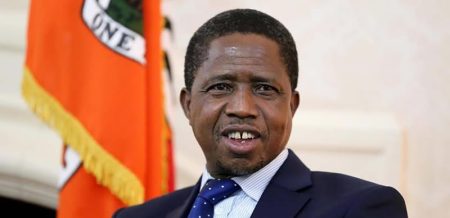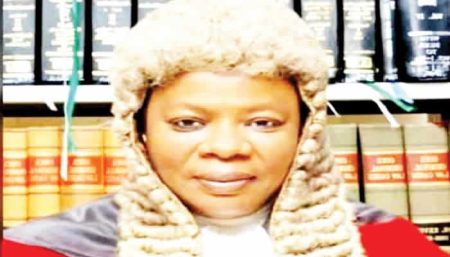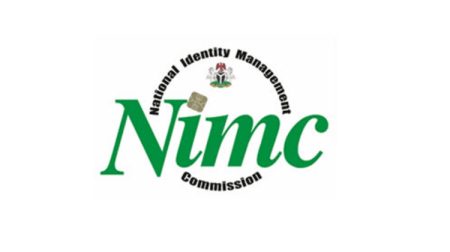The Nigerian telecommunications landscape is embroiled in a dispute over Unstructured Supplementary Service Data (USSD) transaction fees, with telecom operators and banks offering conflicting narratives about the source of a new billing directive. Several banks, including United Bank for Africa (UBA), First City Monument Bank (FCMB), and Fidelity Bank, issued notices to customers stating that starting June 3, 2025, USSD charges would be deducted directly from customers’ airtime balances rather than their bank accounts. These notices attributed the change to a directive from the Nigerian Communications Commission (NCC), the telecom regulator. However, the Association of Licensed Telecommunications Operators of Nigeria (ALTON) vehemently denied the existence of such a directive, asserting that the NCC has no regulatory authority over banks and that the Central Bank of Nigeria (CBN) would be the appropriate body to issue such an instruction. ALTON emphasized that while the telecom industry is technically prepared for end-user billing, most banks have yet to fulfill crucial regulatory and operational prerequisites, including settling outstanding debts to mobile network operators and establishing robust systems for error reporting and customer compensation.
The crux of the disagreement centers around the interpretation of a joint circular issued by the CBN and NCC in December 2024. This document outlined a phased approach for migrating to airtime billing, contingent upon banks clearing their existing debts to telecom operators. The circular stipulated that banks must pay 60% of their outstanding debts by January 2, 2025, clear all pre-existing debts by July 2, 2025, and remit 85% of new bills by December 31, 2025. ALTON contends that most banks have not adhered to these payment terms, rendering the banks’ announcements premature and potentially misleading. While some banks, like Fidelity Bank, have confirmed notifying their customers about the change, others appear to be either unaware or undecided on how to implement the new billing system. The lack of consistent messaging and action from the banks further underscores the confusion surrounding the implementation of the end-user billing model.
The banks’ notices to customers stated that each USSD session would cost N6.98 per 120 seconds, billed directly by the mobile network operator. This shift in billing responsibility has sparked mixed reactions from bank customers on social media platforms like X (formerly Twitter). Some users expressed concerns about the potential for service disruption if customers have insufficient airtime balances, while others predicted a decline in USSD usage due to the perceived inconvenience of the new billing method. ALTON’s Chairman cautioned that premature implementation of end-user billing could lead to chaotic scenarios, including double deductions from both airtime and bank accounts, due to the lack of synchronized systems between banks and telecom operators. He emphasized the need for robust error reporting and visibility protocols to prevent customer frustration and ensure a smooth transition to the new billing model.
The regulators, recognizing the potential for billing discrepancies during the transition period, had directed telecom operators to enforce the “10-second rule,” which mandates that USSD sessions lasting less than 10 seconds should not be billed. This interim measure aims to mitigate the impact of potential billing errors while the banks and telecom operators work towards a more integrated billing system. The current dispute marks the latest chapter in a long-standing feud over USSD charges, dating back to 2019. The NCC had previously threatened to disconnect nine banks, including Fidelity Bank, FCMB, and UBA, in January 2024 over unpaid debts. While there were signs of de-escalation earlier in 2024, with reports of payments being made and progress being achieved, the recent announcements by the banks have reignited the controversy, highlighting the unresolved tensions and complexities surrounding USSD billing in Nigeria.
The conflicting narratives from the banks and telecom operators underscore the need for clear communication and coordinated action. While the banks claim to be acting on a directive from the NCC, the regulator’s denial raises questions about the source of the instruction and the veracity of the banks’ claims. The lack of transparency and coordination between the involved parties has created confusion and uncertainty among customers, who are left to navigate the complexities of the evolving billing system. A resolution requires not only the settlement of outstanding debts but also the establishment of robust systems for error reporting, compensation mechanisms, and transparent communication protocols. Ultimately, the success of the end-user billing model hinges on the ability of banks and telecom operators to collaborate effectively and prioritize the needs of their customers.
The ongoing dispute also highlights the broader challenges facing the Nigerian telecommunications sector, including the need for regulatory clarity, improved interoperability between financial institutions and telecom operators, and enhanced consumer protection mechanisms. The USSD billing controversy serves as a microcosm of the larger issues plaguing the industry and underscores the urgent need for comprehensive reforms to ensure a stable, transparent, and customer-centric telecommunications landscape. Moving forward, effective communication, collaboration, and a commitment to consumer welfare are crucial for resolving the current impasse and paving the way for a more efficient and equitable billing system for USSD services in Nigeria. Without a concerted effort from all stakeholders, the transition to end-user billing risks being fraught with challenges and may ultimately undermine the financial inclusion goals that USSD services are intended to promote.


